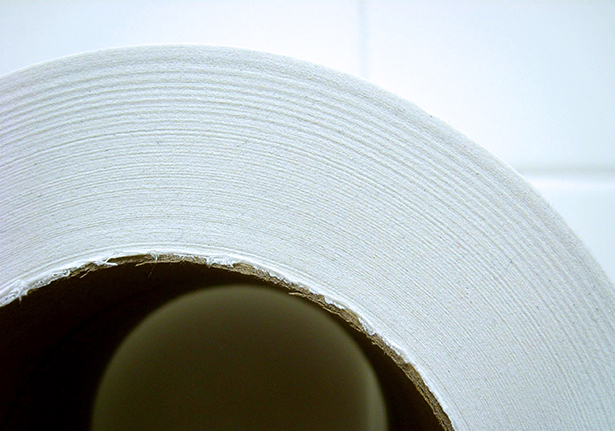Sydney’s sewers and pipes are facing a crisis that is set to cost tax payers millions of dollars to fix.
But what’s causing this crisis may come as a surprise to most home owners. While we all know about the dangers of flushing various objects down the toilet such as nappies, female hygiene products or even dental floss, an increasingly popular and seemingly innocent product is responsible for blocking the city’s sewers.
“Wet Wipes” are becoming more and more popular in the bathrooms of Sydneysiders. Yet what many users don’t know is that unlike toilet paper, which quickly breaks down after being flushed, wet wipes are becoming trapped in pipes and sewers leading to blockages that are difficult and costly to remove.
But it’s not only at a government level that wet wipes can cause a problem. Those using wet wipes in their own homes run the risk of blockages forming in their own pipes which may require a licensed plumber to remove.
From Sydney to Los Angeles in Wet Wipes
About two years ago Sydney Water noticed a sharp increase in the number of blockages in the water network caused by wet wipes. In this time, a staggering one million kilograms of wet wipes have been removed from Sydney’s sewers. If put end to end, these wet wipes would stretch from Sydney to Los Angles and back!
But it’s not only in Sydney that wet wipes are causing issues.
In our nation’s capital, local water authority ACTEW Water are clearing blockages caused by wet wipes every three days, while local councils in the UK are spending an estimated $24m a year to solve the problem.
Interestingly though, it is males who are the main culprits for the blockages in the water network around the city.
It’s estimated that one in three Sydneysiders now purchase wet wipes to use as a substitute for toilet paper. Men aged 15 to 44 are the biggest users of wet wipes, citing the texture as their main reason for choosing the wipes over traditional toilet paper.
But while it’s easy to point the finger of blame at consumers for the wet wipes issue, it seems that in the vast majority of cases people are innocently causing harm.

Not Such Truth In Labelling
Many wet wipes are marketed by their manufacturers as not only safe to flush, but also as good for your toilet. Testing though is showing that this certainly isn’t the case.
While toilet paper dissolves within 30 seconds of being flushed, the synthetic-based wet wipes can take as long as 30 minutes. During this time the wipes can easily become stuck and form “balls” of many wipes stuck together, blocking pipes and stopping water flow.
You wouldn’t know this though from how wet wipes are sold in supermarkets. With claims such as being “specially designed material which disintegrates in the sewage system”, and “will break up in the sewage process”, it’s easy to see how consumers can be confused.
But for Sydney Water it is an issue which needs to be resolved quickly.
With 24,000 kilometres of pipes and sewers, the Sydney Water network is extensive and a large project to manage. Unnecessary blockages are difficult and costly to remove. The wet wipes issue is also becoming a major issue for the environment as waterways also become contaminated with wet wipes that have made it through the water network.
An Issue For Your Home?
Home and building owners should be wary that it’s not only major water companies and local governments that can be affected by wet wipes. Just like major pipes and sewers, your home’s pipes can become blocked with wet wipes leading to the dreaded clogged toilet.
If you discover that your toilet is becoming clogged or backed up, or that water is not properly escaping down your drains it is best to call a licensed plumber. By using modern diagnostic devices a plumber can very quickly find the cause and location of a blockage and remove it.
For help with a clogged or backed up toilet on Sydney’s North Shore or Northern Beaches we welcome your call to our friendly JEDI Plumbing team, on 0411 774 381.